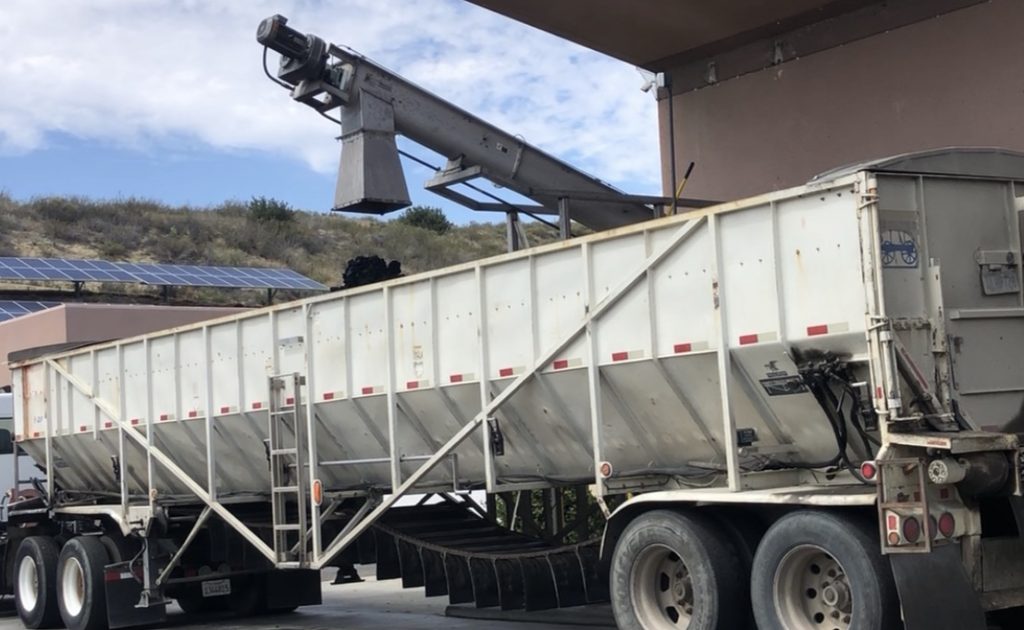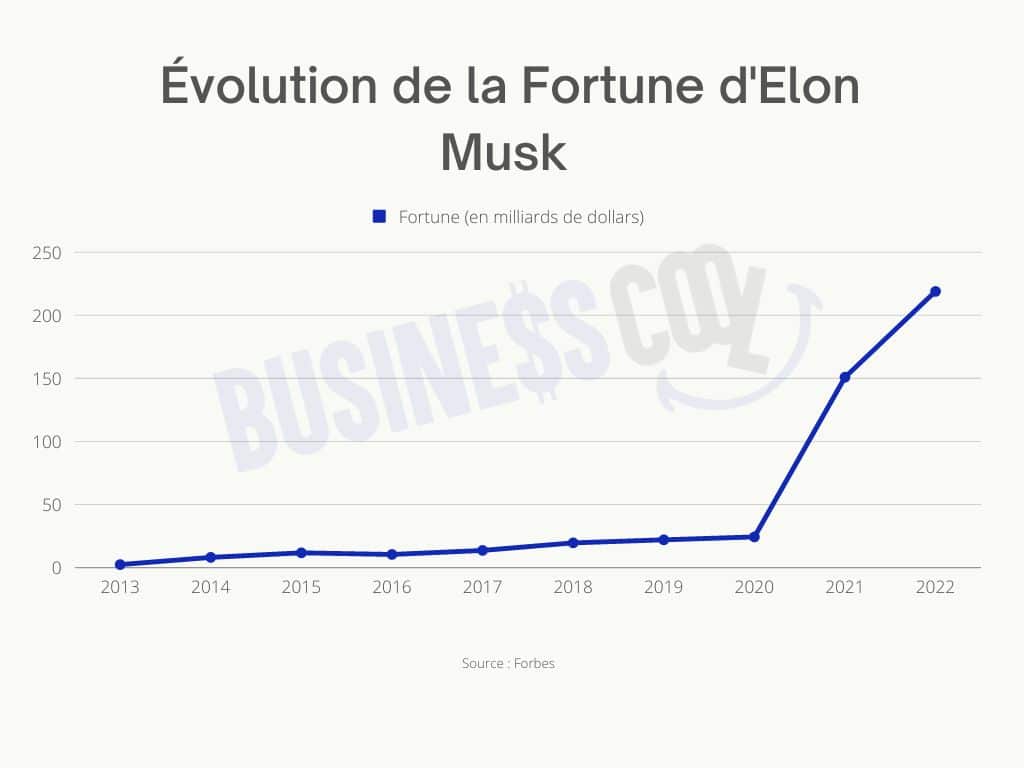Turning "Poop" Into Prose: An AI's Journey From Scatological Data To Podcast Gold

Table of Contents
The Untapped Potential of Scatological Data
Human waste analysis, while perhaps not the most glamorous subject, holds a surprising amount of information. Analyzing stool samples provides a window into our gut microbiome, a complex ecosystem of bacteria, viruses, fungi, and other microorganisms that play a crucial role in our overall health. This "poop" data offers insights far beyond simple digestion; it's a treasure trove of information about our diet, health indicators, and even potential disease outbreaks.
- Tracking disease outbreaks through sewage analysis: By analyzing wastewater, scientists can detect the presence of pathogens like viruses and bacteria, allowing for early detection and prevention of outbreaks. This is particularly useful in monitoring the spread of infectious diseases within communities.
- Understanding dietary habits and trends across populations: The composition of human waste can reveal patterns in dietary intake, helping researchers understand nutritional trends and deficiencies within different populations. This data can be instrumental in public health initiatives and personalized nutrition plans.
- Monitoring the effectiveness of public health initiatives: By tracking changes in the gut microbiome and other indicators in waste samples before and after implementing public health programs, researchers can assess their efficacy and make necessary adjustments.
This data, traditionally used for scientific research, can be creatively adapted for public consumption, leading to the rise of the fascinating "poop podcast" niche.
AI's Role in Transforming Data into Narratives
AI algorithms are essential in transforming the raw, complex datasets from waste analysis into compelling narratives suitable for podcasting. The sheer volume and intricacy of the data make manual analysis impractical; AI provides the necessary tools to unearth hidden patterns and insights.
- Natural Language Processing (NLP): NLP algorithms can analyze the data and generate scripts based on identified patterns, turning complex scientific findings into easily understandable narratives for podcast listeners.
- Machine learning: Machine learning models can identify key correlations and trends within the data, highlighting specific relationships between dietary factors, gut health, and other health outcomes. This allows for the creation of focused and impactful podcast episodes.
- Data visualization techniques: AI can assist in creating visual representations of the data, making complex information more accessible and engaging for a wider audience. These visualizations can be integrated into the podcast through descriptions, charts, or even custom-made graphics.
For example, an AI could identify a correlation between a specific dietary change (like increased fiber intake) and improved gut health metrics reflected in waste samples, creating a compelling story for a podcast episode. This could lead to a compelling "poop podcast" episode centered around the science of fiber and its impact on gut health.
Creating Engaging Podcast Content from "Poop" Data
The key to a successful "poop podcast" lies in presenting this unique data in an engaging and informative way, without being overly graphic or off-putting. Several podcast formats can effectively achieve this goal:
- Informative interviews with experts: Interviews with gastroenterologists, public health experts, and nutritionists can provide valuable insights and expert perspectives on the topics discussed.
- Storytelling focused on individual experiences: Sharing anonymized stories of individuals who have experienced improvements in their gut health through dietary changes or other interventions adds a personal and relatable element.
- Use of sound effects and music: Well-chosen sound effects and music can create an engaging listening experience, making the topic more palatable and even entertaining.
- Ethical considerations regarding data privacy and anonymity: It's crucial to prioritize ethical considerations, ensuring data privacy and anonymity for all participants. Strict protocols must be in place to safeguard sensitive information.
Keywords like "poop podcast," "gut health podcast," "science podcast," and "health podcast" should be naturally integrated throughout the content to improve search engine optimization.
Overcoming the "Yuck" Factor
The inherent "yuck" factor associated with the topic of human waste is a significant hurdle. However, effective communication strategies can mitigate this challenge:
- Focus on the broader implications for health and well-being: Instead of dwelling on the specifics of waste, highlight the broader implications for overall health and well-being, such as improved digestion, better immunity, and even mental health.
- Use humor and relatable storytelling: Injecting humor and relatable anecdotes can help make the topic less daunting and more engaging for listeners.
- Highlight the scientific advancements and discoveries: Emphasize the fascinating scientific advancements and discoveries that are made possible through the analysis of human waste.
Conclusion
From the seemingly disgusting to the surprisingly informative, AI is proving its capacity to turn "poop" data into engaging podcast content. By leveraging AI's power to process and interpret complex datasets, podcasters can create unique, insightful, and potentially life-changing programs. A well-produced "poop podcast" can educate listeners about the importance of gut health and the role of diet in overall well-being.
Call to Action: Are you ready to explore the untapped potential of "poop" data and create a compelling podcast? Dive into the world of AI-powered podcasting and discover how you can transform seemingly unusual data into captivating narratives. Start your journey into "Poop" Podcast creation today!

Featured Posts
-
 Evaluating The Damage Trumps Trade Offensive And Us Financial Strength
Apr 22, 2025
Evaluating The Damage Trumps Trade Offensive And Us Financial Strength
Apr 22, 2025 -
 Activision Blizzard Acquisition Ftcs Appeal And Its Implications
Apr 22, 2025
Activision Blizzard Acquisition Ftcs Appeal And Its Implications
Apr 22, 2025 -
 Supreme Court Obamacare Ruling How Trumps Position Impacts Rfk Jr S Influence
Apr 22, 2025
Supreme Court Obamacare Ruling How Trumps Position Impacts Rfk Jr S Influence
Apr 22, 2025 -
 Mixed Reactions To Fsus Decision To Resume Classes Following Deadly Shooting
Apr 22, 2025
Mixed Reactions To Fsus Decision To Resume Classes Following Deadly Shooting
Apr 22, 2025 -
 V Mware Pricing At And T Exposes Broadcoms Proposed 1 050 Hike
Apr 22, 2025
V Mware Pricing At And T Exposes Broadcoms Proposed 1 050 Hike
Apr 22, 2025
Latest Posts
-
 Fluctuations In Elon Musks Net Worth Correlation With Us Economic Trends
May 10, 2025
Fluctuations In Elon Musks Net Worth Correlation With Us Economic Trends
May 10, 2025 -
 Teslas Success And Elon Musks Fortune An Examination Of Us Economic Factors
May 10, 2025
Teslas Success And Elon Musks Fortune An Examination Of Us Economic Factors
May 10, 2025 -
 Analyzing Elon Musks Net Worth The Role Of Us Economic Conditions
May 10, 2025
Analyzing Elon Musks Net Worth The Role Of Us Economic Conditions
May 10, 2025 -
 The Tesla Dogecoin Connection Analyzing The Recent Market Volatility
May 10, 2025
The Tesla Dogecoin Connection Analyzing The Recent Market Volatility
May 10, 2025 -
 Elon Musk Net Worth The Influence Of Us Power On Tesla And Its Founder
May 10, 2025
Elon Musk Net Worth The Influence Of Us Power On Tesla And Its Founder
May 10, 2025
